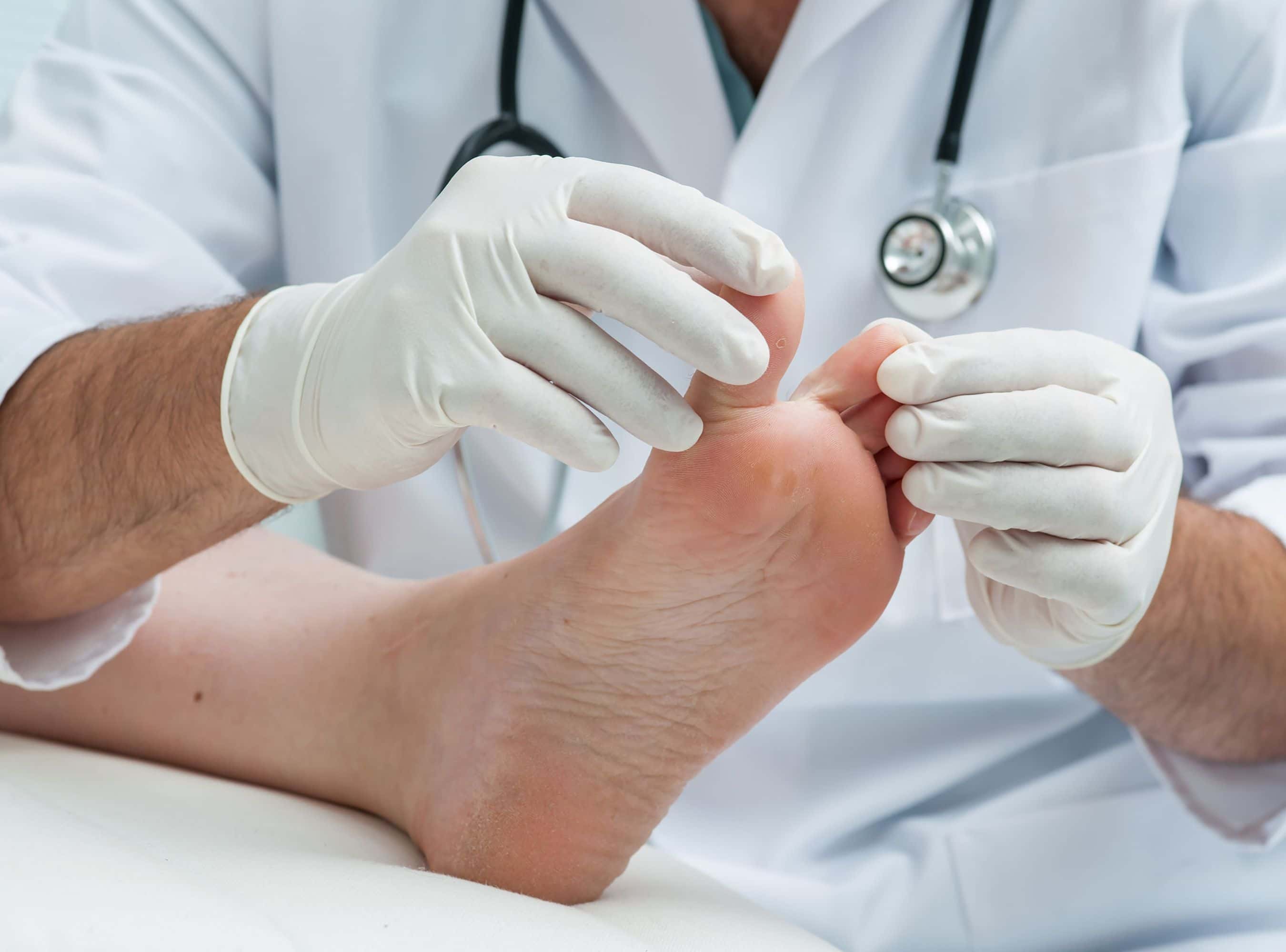Podiatry Expert Assessment Excluded for Failing to Satisfy But-For Causation
Updated on
Court: Superior Court of Massachusetts, At SuffolkJurisdiction: FederalCase Name: Lavina v. SatinCitation: 2016 Mass. Super. LEXIS 46
Facts
In this medical malpractice suit, the plaintiff alleged that the negligence of his podiatrist led to his leg amputation. The plaintiff further alleged that he would not have suffered this outcome if the podiatrist had complied with the governing standard of podiatric care. The plaintiff retained a podiatry expert witness to opine on causation in this case.
The defendants challenged the testimony of the plaintiff’s podiatry expert, claiming that the expert’s opinion failed to tackle the issue of but-for causation posed by the plaintiff’s unique medical profile. The plaintiff suffered numerous and concurrent medical issues, each of which increased the chances of amputation to a material level. In addition, the patient was already at severe risk of infection and amputation. He also avoided carrying diabetic shoes and exerted weight on an already ulcerated foot, contrary to medical guidelines. In the face of this proof, the court alerted the sides to its significant worry that the expert disclosure failed to provide an assessment that satisfied the issue of but-for-causation.
The Podiatry Expert Witness
The plaintiff’s podiatry expert was a regular practitioner in the prevention and therapy of dancing, running, gymnastics, and ice skating accidents. He held a degree from Dr. Wm. Scholl College of Podiatric Medicine and completed his residency at the New York College of Podiatric Medicine. The podiatry expert was affiliated with several major hospitals and institutions in New York City. He also served as a member of the Scientific Advisory Board of Runner’s World Magazine and contributed to Podiatry Today Magazine. He has taught nationally and internationally on a number of podiatric subjects.
Discussion
The defendants’ primary argument was that the amputation endured by the plaintiff was a by-product of various permanent medical conditions prior to, and unrelated to, the negligence ascribed to the defendant podiatrist. The defendants’ experts argued that the combination of these risk-enhancing conditions and the plaintiff’s consistent failure to heed medical advice concerning the management of his health and care, caused the amputation of the leg Furthermore, the defendants argued that amputation would have resulted even in the absence of negligence on the part of the defendant. By manner of reaction, however, the podiatry expert submitted an opinion that was almost completely limited to criticism of the defendant’s care of the plaintiff, all but forgetting causal issues.
After checking the podiatry expert’s report, the court was unable to discern any meaningful assessment (i.e. the application of the scientific method to clinical data) in favor of his opinion that the negligence of the defendant was the cause of the plaintiff’s amputation.The court noted that, in order to support such a result, the expert would normally be required to conduct a differential diagnosis, or its equivalent, in order to rule out variables and circumstances unrelated to the treatment of the defendant that might separately have triggered the infectious foot ulcer that required the leg amputation of the plaintiff. However, the court did not find proof that the expert had carried out any such diagnostic assessment. On the contrary, the testimony of the deposition, according to the court, expressed a rigid lack of willingness on the part of the podiatry expert to react to issues concerning the extent to which the plaintiff’s pre-existing infirmities triggered his amputation below his knee.
Held
Having checked the expert findings of the sides and implementing the Daubert norms, the court was of the opinion that the podiatry expert did not provide a credible, analytical basis for his opinion that the negligence of the defendant was the legal cause of the plaintiff’s amputation. Therefore, the defendants’ motion to strike the plaintiff’s podiatry expert was allowed.
About the author
Wendy Ketner, M.D.
Dr. Wendy Ketner is a distinguished medical professional with a comprehensive background in surgery and medical research. Currently serving as the Senior Vice President of Medical Affairs at the Expert Institute, she plays a pivotal role in overseeing the organization's most important client relationships. Dr. Ketner's extensive surgical training was completed at Mount Sinai Beth Israel, where she gained hands-on experience in various general surgery procedures, including hernia repairs, cholecystectomies, appendectomies, mastectomies for breast cancer, breast reconstruction, surgical oncology, vascular surgery, and colorectal surgery. She also provided care in the surgical intensive care unit.
Her research interests have focused on post-mastectomy reconstruction and the surgical treatment of gastric cancer, including co-authoring a textbook chapter on the subject. Additionally, she has contributed to research on the percutaneous delivery of stem cells following myocardial infarction.
Dr. Ketner's educational background includes a Bachelor's degree from Yale University in Latin American Studies and a Doctor of Medicine (M.D.) from SUNY Downstate College of Medicine. Moreover, she is a member of the Board of Advisors for Opollo Technologies, a fintech healthcare AI company, contributing her medical expertise to enhance healthcare technology solutions. Her role at Expert Institute involves leveraging her medical knowledge to provide insights into legal cases, underscoring her unique blend of medical and legal acumen.
Subscribe to our newsletter
Join our newsletter to stay up to date on legal news, insights and product updates from Expert Institute.
Sign up nowFind an expert witness near you
What State is your case in?
Subscribe to our newsletter
Join our newsletter to stay up to date on legal news, insights and product updates from Expert Institute.



